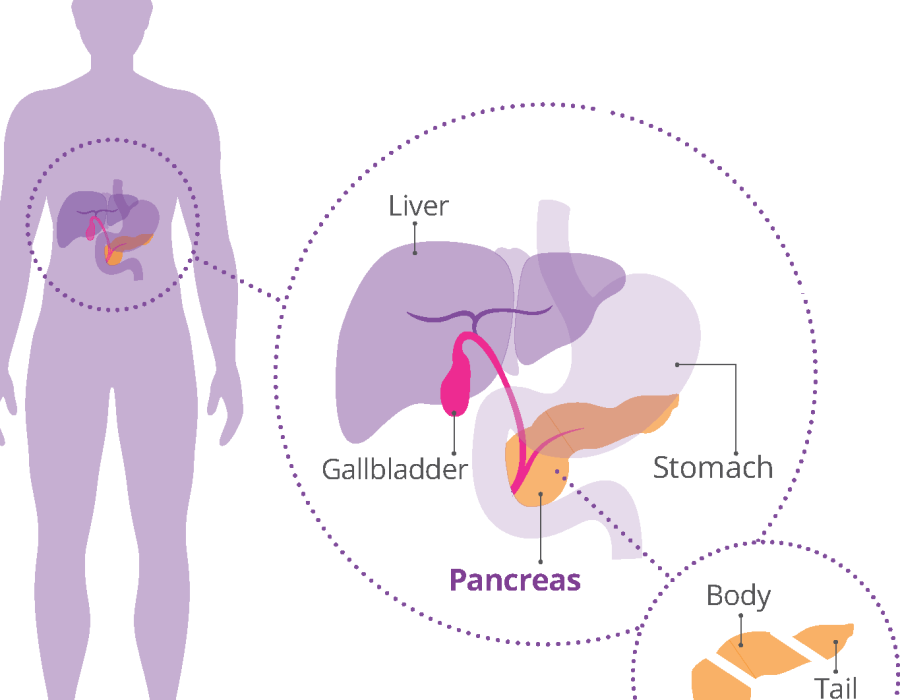Cancer diagnosis typically involves several steps, including:
Medical History and Physical Examination: The doctor will inquire about your symptoms, medical history, lifestyle, and any risk factors. They will also conduct a physical examination to check for any abnormalities.
Diagnostic Tests: Various tests may be ordered to help diagnose cancer, including:
Imaging tests such as X-rays, CT scans, MRIs, PET scans, or ultrasounds to visualize the internal structures of the body and identify any abnormalities.
Laboratory tests, such as blood tests or urine tests, to analyze specific substances in the body that may indicate the presence of cancer.
Biopsy: This involves removing a sample of tissue from the suspected tumor or abnormal area for examination under a microscope by a pathologist. Biopsies can be performed through various methods, including needle biopsy, endoscopy, or surgical biopsy.
Pathology Examination: The tissue samples obtained through biopsy are analyzed by a pathologist to determine whether cancer cells are present, what type of cancer it is, and other characteristics such as the grade and stage of the cancer.
Genetic Testing: In some cases, genetic testing may be recommended to identify specific genetic mutations that are associated with certain types of cancer, which can help guide treatment decisions and assess the risk of developing cancer in family members.
Staging: If cancer is diagnosed, further tests may be performed to determine the extent of the cancer, such as whether it has spread to other parts of the body (metastasis). This process is known as staging and helps doctors plan the most appropriate treatment.
Consultation with Specialists: Depending on the type and stage of cancer, you may be referred to other specialists, such as oncologists (cancer doctors), surgeons, radiation oncologists, or other healthcare professionals, for further evaluation and treatment planning.
Early detection and diagnosis of cancer are crucial for improving treatment outcomes and increasing the chances of successful treatment. If you have any concerns or symptoms that could be related to cancer, it's important to see a healthcare professional for evaluation and appropriate testing.





Comments